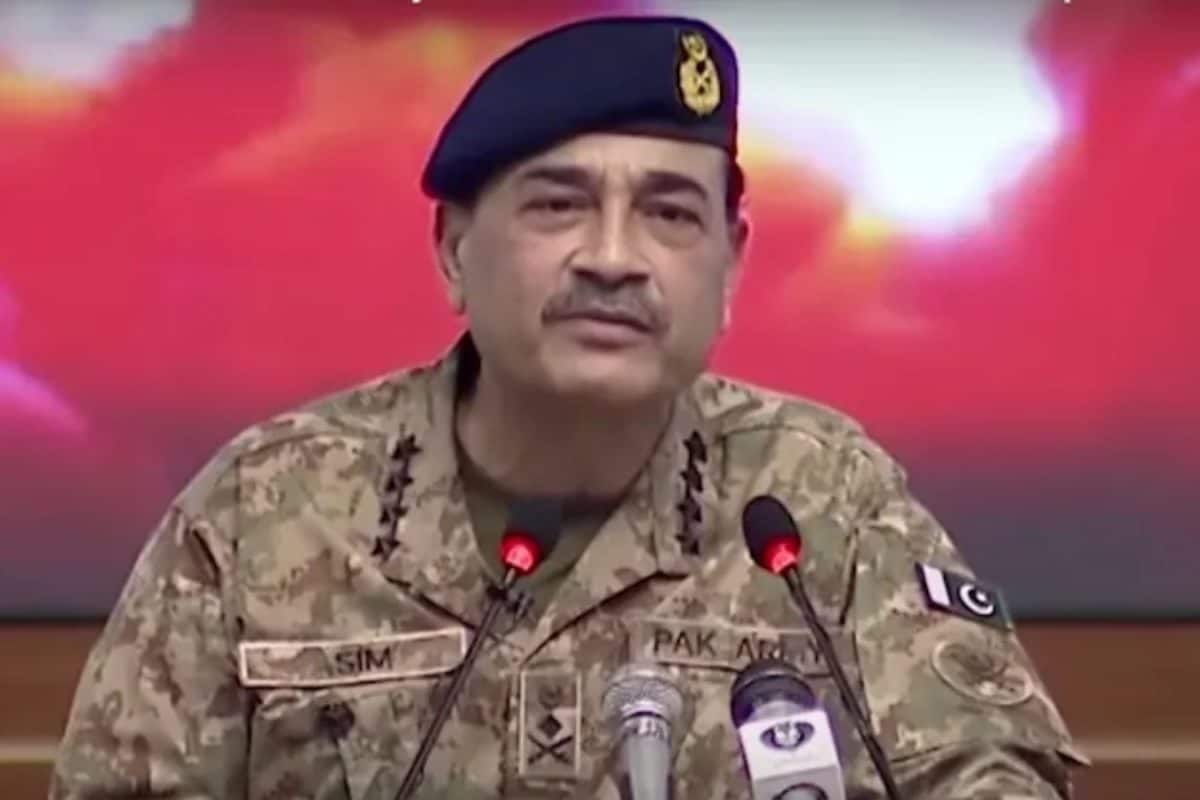

In recent events, the rhetoric of nuclear weapons has resurfaced in the context of India-Pakistan relations, prompting serious concerns and international attention. Several factors contribute to this alarming trend, involving Pakistan's military, intelligence agency (ISI), and political leadership.
One primary reason for Pakistan's nuclear signaling is its perceived strategic disadvantage in conventional military strength. India possesses a larger army, a more advanced air force, and a robust economy, creating an imbalance that Pakistan seeks to offset through its nuclear capabilities. Bybrandishing its nuclear arsenal, Pakistan aims to deter India from exploiting its conventional superiority and prevent a potential military victory. This strategy is rooted in Pakistan's historical experience of losing three conventional wars against India.
The nuclear threat also serves as a shield for Pakistan's proxy warfare strategy. For decades, Pakistan has supported and utilized terrorist groups like Lashkar-e-Taiba (LeT) and Jaish-e-Mohammed (JeM) to wage a proxy war against India, particularly in Kashmir. By hiding behind the nuclear threat, Pakistan's military can continue funding, arming, and training these groups, using them to destabilize the region and achieve its strategic objectives.
Recent events, including India's Operation Sindoor, have further exacerbated the situation. India's retaliatory strikes on terrorist camps and military infrastructure in Pakistan have been perceived as a direct challenge to Pakistan's nuclear deterrence. The strikes on the Noor Khan Airbase near Rawalpindi, the seat of Pakistan's military power and close to its nuclear installations, sent a strong message about India's capability to target Pakistan's strategic assets.
Pakistan's internal instability also plays a role in its nuclear posturing. With a struggling economy and facing internal dissent, the military establishment uses nuclear brinkmanship to rally nationalist sentiment and deflect blame. Escalating tensions with India can create a "rally around the flag" effect, uniting the population and diverting attention from domestic problems.
The international community views Pakistan's nuclear threats with growing concern. Some, like AIMIM chief Asaduddin Owaisi, have called for Pakistan to be disarmed of its nuclear weapons, arguing that the country is a "failed state" unfit to possess such destructive power. Concerns also exist regarding the safety and security of Pakistan's nuclear arsenal, particularly given the country's history of supporting terrorist groups.
Despite the risks, Pakistan's leadership continues to employ nuclear rhetoric as a tool of coercive diplomacy and strategic deterrence. The aim is to prevent India from taking military action that could threaten Pakistan's core interests. However, this strategy carries significant risks, as any miscalculation or escalation could lead to a catastrophic nuclear exchange.
In response to Pakistan's nuclear threats and provocations, India has adopted a more assertive stance. India has made it clear that any future act of terror by Pakistan will be considered an act of war, and it will respond accordingly. This new approach marks a departure from India's traditional policy of strategic restraint and signals a willingness to take stronger action against Pakistan. India has also demonstrated its capability to strike targets deep inside Pakistan with precision, calling Pakistan's "nuclear bluff". This new dynamic has raised the stakes in the India-Pakistan conflict and increased the risk of escalation.